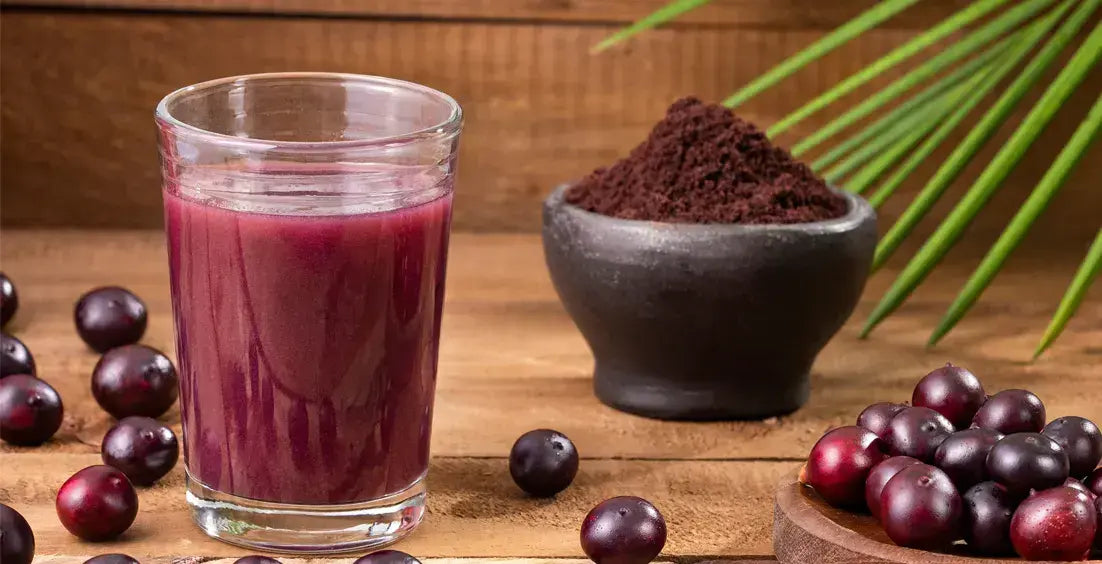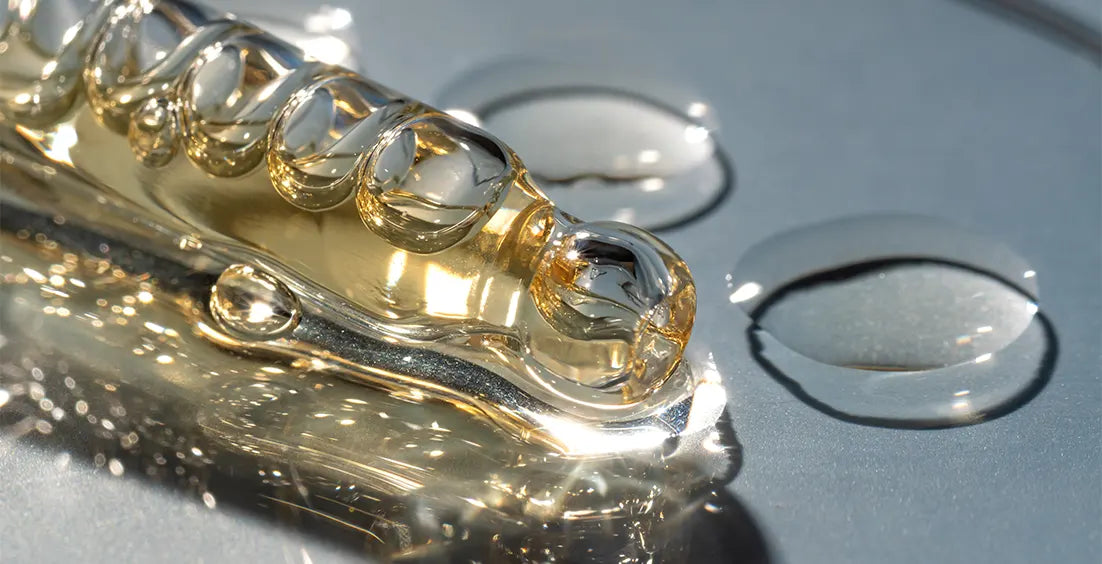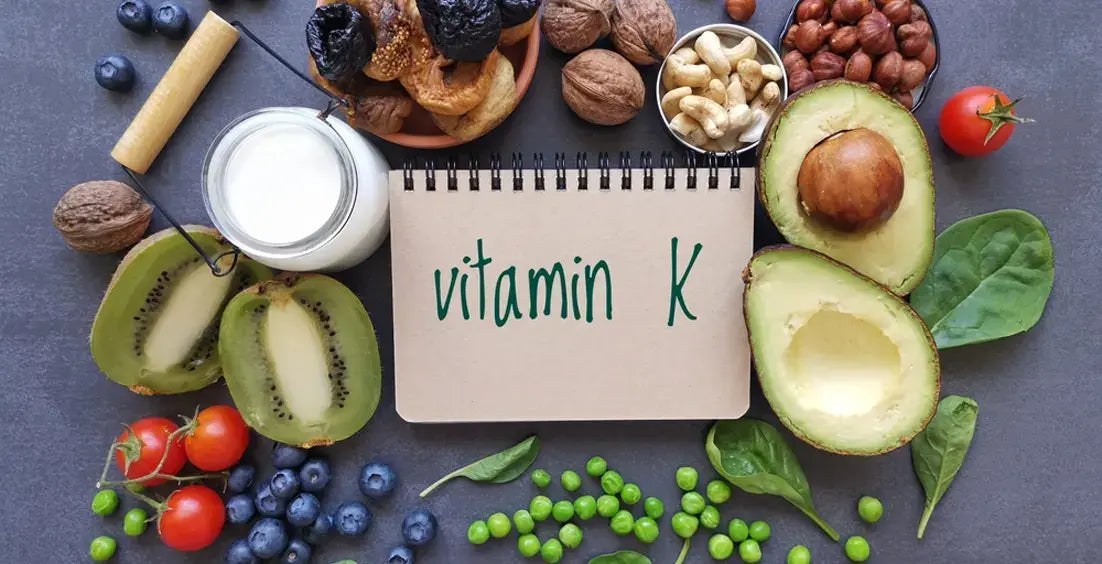The Benefits of Collagen for Skin, Bone & Joint Health
Learn the Benefits of Collagen for youthful skin, robust bones, and smooth joints with our comprehensive guide.

Popular Stories
- Best Maca Root Supplement For Men’s Health, Hormones, & Well-Being
- Best Acai Berry Supplements: The Ultimate Buying Guide
- Spirulina Benefits for Women: Superfood for Skin & Hormones
- Best Foods for Weight Loss: Healthy Meal Options to Try
- Ashwagandha vs Maca: Which Should You Go For?
- Fish Oil Alternative for Vegetarian: The Best Source for a Plant-Based Diet!
References
- Physiology, Connective Tissue - https://www.ncbi.nlm.nih.gov/books/NBK542226/
- Enigmatic insight into collagen- https://pmc.ncbi.nlm.nih.gov/articles/PMC4989561/
- Effects of Oral Collagen for Skin Anti-Aging: A Systematic Review and Meta-Analysis - https://www.ncbi.nlm.nih.gov/pmc/articles/PMC10180699/
- Effect of collagen supplementation on osteoarthritis symptoms: a meta-analysis of randomized placebo-controlled trials - https://pubmed.ncbi.nlm.nih.gov/30368550/
- Osteoporosis: Pathophysiology and therapeutic options - https://www.ncbi.nlm.nih.gov/pmc/articles/PMC7415937/
- Collagen peptide supplementation in combination with resistance training improves body composition and increases muscle strength in elderly sarcopenic men: a randomised controlled trial - https://www.ncbi.nlm.nih.gov/pmc/articles/PMC4594048/
- Effect of Collagen Tripeptide on Atherosclerosis in Healthy Humans - https://www.ncbi.nlm.nih.gov/pmc/articles/PMC5429168/
- The Potential of Collagen Treatment for Comorbid Diseases - https://www.ncbi.nlm.nih.gov/pmc/articles/PMC10574914/
- Oral supplementation with specific bioactive collagen peptides improves nail growth and reduces symptoms of brittle nails - https://onlinelibrary.wiley.com/doi/10.1111/jocd.12393
- Collagen for brain repair: therapeutic perspectives - https://www.ncbi.nlm.nih.gov/pmc/articles/PMC5950659/
- Effect of Oral Ingestion of Low-Molecular Collagen Peptides Derived from Skate (Raja Kenojei) Skin on Body Fat in Overweight Adults: A Randomized, Double-Blind, Placebo-Controlled Trial - https://www.ncbi.nlm.nih.gov/pmc/articles/PMC6471368/


 Skin Detoxification Bundle
Skin Detoxification Bundle Complete Weight Loss Bundle
Complete Weight Loss Bundle Heart Care Bundle
Heart Care Bundle Better Immunity Bundle
Better Immunity Bundle  Men's Immunity & Prostate Health Bundle
Men's Immunity & Prostate Health Bundle Stress + Energy + Wellness Combo
Stress + Energy + Wellness Combo  Energy Booster Combo
Energy Booster Combo Natural Skin Care Bundle
Natural Skin Care Bundle Workout Supplements Combo
Workout Supplements Combo Cognitive Health & Vision Combo
Cognitive Health & Vision Combo Joint Health Support Combo
Joint Health Support Combo





































